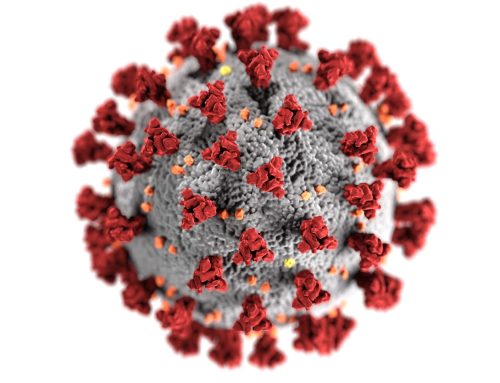Flu season is upon us. In any “normal” year, we’d be reminding you to get your flu shot and wash your hands. This year, things have been different, but one thing remains the same: get your flu shot and wash your hands.

Here is what to know about the flu season during the COVID-19 pandemic.
Flu season may not be as bad — or it could be terrible.
Some health experts estimate this year’s flu season won’t be as bad. Some say it’ll be typical, but it’ll start more slowly. These thoughts are based on the fact that more of us are home and wearing masks when we go out. However, those are just guesses. Some flu seasons are worse than others for other reasons, and we just don’t know.
Although the flu isn’t as contagious as COVID, it still infects hundreds of thousands each year and kills between 30,000 and 60,000 people. Last year during the flu season, more than 490,000 people were hospitalized.
Here in the U.S., flu season usually starts in late October and lasts through the winter, generally peaking in February before declining through the spring.
Consider the flu shot required this year. 
Not everyone gets a flu vaccine each year. While you may not have bothered in the past, health officials urge everyone to get the vaccine this year. The main reason for this is to prevent overflow in hospitals. If the usual numbers of people show up with the flu and COVID begins to spread again, it could cause a severe bed shortage as well as test shortages.
Even if the flu vaccine doesn’t prevent your case of the flu, it may make the illness less severe, saving you from a hospital stay. And you don’t want to be at a hospital during a global pandemic.
You don’t want the flu and COVID-19 at the same time.
Yes, that is possible. While experts aren’t sure how common that might be, the flu weakens your lungs and makes you more susceptible to other illnesses, so it’s also possible to get one and then get the other.
Flu or COVID-19?
Another concern from health experts is that people with COVID-19 may shrug it off as the “regular flu” and not take precautions. COVID-19 is far more contagious and deadly.
Here are some things to know about the differences:
- Most people with flu are contagious for about a day before showing symptoms.
- However, a person with COVID-19 may be contagious for two days before experiencing symptoms. He or she remains contagious for at least ten days or even longer.
- Many of the symptoms are similar, but one that does stand out for COVID is the loss of taste or smell.
- Because it’s difficult to tell, it’s best to stay home and quarantine if you’re having any COVID or flu-like symptoms. Then, contact your doctor and get tested.
- Read more about the differences between the two.
- This time of year, people also get colds, which have far milder symptoms and typically include a runny or stuffy nose.

Get Your Flu Shot with JCMC
Whether you’re a current patient at JCMC or not, we can give you a flu shot. We have supplies now and are taking appointments. Contact us by phone at 910-900-4482 to set up a time at your nearest location.






